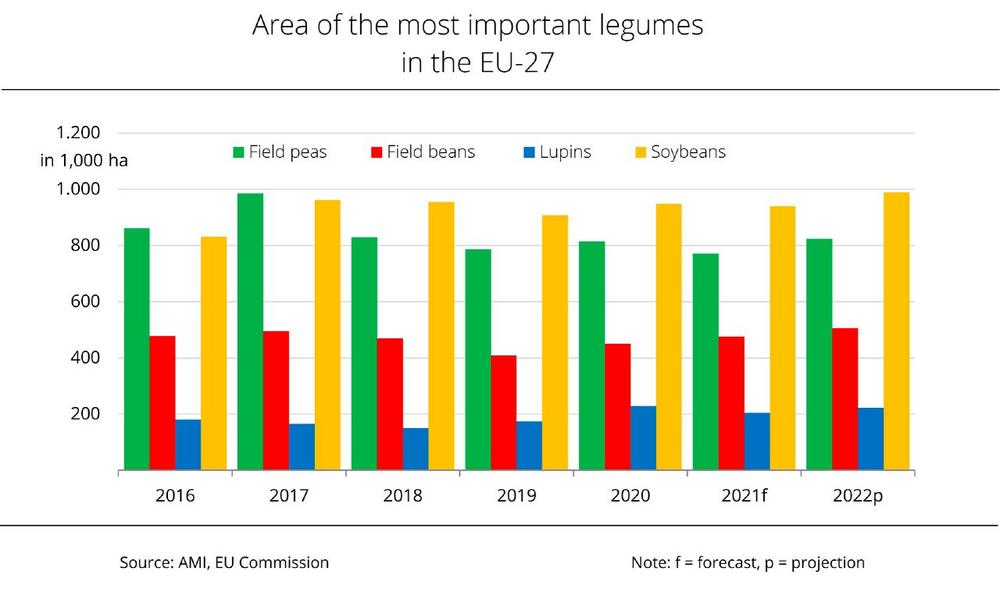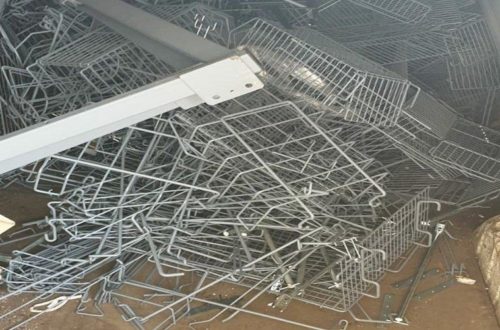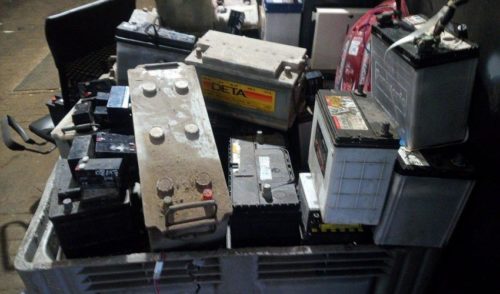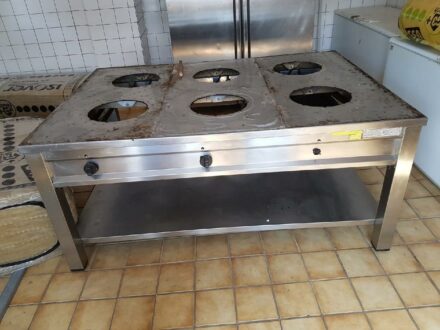
EU Commission expects significantly larger grain legume crop
Just as in the previous year, soybeans will presumably take up the largest share of the legume production area with a 5.2 per cent increase to a prospective area of 989,000 hectares. According to Agrarmarkt Informations-Gesellschaft (mbH), this would be a new record. In the latest estimate published by the EU Commission, the feed pea area is seen to expand just less than 7 per cent to 824,000 hectares. At just over 6 per cent and 8 per cent respectively, field beans and sweet lupins are also set to rise to 506,000 hectares and 222,000 hectares respectively.
Due to the expansions in hectarage devoted to soybeans, feed peas, sweet lupins and field beans, the harvest 2022 will probably also be larger, depending on future weather conditions, of course. As things stand at present, the soybean harvest could increase just less than 11 per cent year-on-year to 2.9 million tonnes. The output of dry peas will presumably to grow 21 per cent to 2.2 million tonnes. Field beans are expected at around 1.4 million tonnes, which would be up just less than 27 per cent on the previous year. By contrast, sweet lupins are seen to fall 12 per cent to 284,000 tonnes, despite a significant expansion in production area and mainly due to expected lower yields.
The Union zur Förderung von Oel- und Proteinpflanzen (UFOP) has said that the potential for grain legume production is far from being fully exploited. The association holds that the success of the European or national protein plant strategy is also judged by increases in production area. Legumes in all their diversity could go a long way towards enhancing biodiversity, climate change mitigation and the economic resilience of crop rotation in a comparatively short time. The UFOP has emphasised that to this end funding should be improved as the common agricultural policy (CAP) is reformed – along the lines of the benefits and targets of the Commission’s "Farm to Fork" strategy.
However, the key factor is that the market, i.e. demand for grain legume-based products, must "pull" the production area. The UFOP has underlined that the potential for the development of legume crop uses is far from being fully exploited. The association has strongly demanded that funding of the BMEL protein plant strategy be improved. The association has complained that while the power sector is being swamped with support, the agricultural sector has to make do with relatively modest funding amounts to move things forward.
The Union for the Promotion of Oil and Protein Plants e. V. (UFOP) represents the political interests of companies, associations and institutions involved in the production, processing and marketing of domestic oil and protein plants in national and international bodies. UFOP supports research to optimise agricultural production and for the development of new recycling opportunities in the food, non-food and feed sectors. UFOP public relations aim to promote the marketing of domestic oil and protein plant end products.
UFOP – Union zur Förderung von Oel- und Proteinpflanzen e.V.
Claire-Waldoff-Str. 7
10117 Berlin
Telefon: +49 (30) 2359799-40
Telefax: +49 (30) 2359799-99
http://www.ufop.de
Telefon: +49 (30) 31904-225
E-Mail: s.arens@ufop.de
Union zur Förderung von Oel- und Proteinpflanzen e
Telefon: +49 (30) 31904-434
Fax: +49 (30) 31904-485
E-Mail: m.leonhard@ufop.de
![]()




